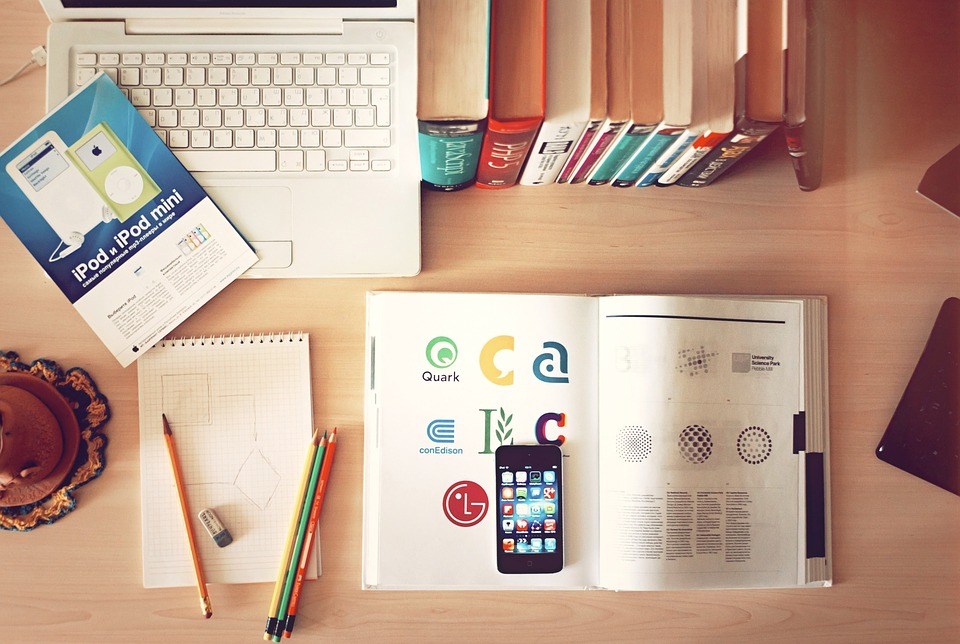When exam period is just around the corner, students usually go on a studying frenzy. There are those who live on the edge and cram. There are also those who prefer sticking to schedules and burying themselves nose-deep in books and notes.
People have different ways of learning and studying. Some can work with minimal distractions, while some have the attention span of a magpie and will exert more energy on maintaining focus. Read the list below for a few recommendations.
Keep Study Tools in Good Condition
If you’re the type who uses gadgets for studying, make sure not to overuse them. Always handle your study tools with care. If your gadgets need repairs, go to a service store to have them fixed. Do this while your gadget still has the chance of a successful repair.
It’s every student’s nightmare when their Macbook, for example, suddenly lags or shuts down completely during crucial times like exam periods and project deadlines. Check for broken parts, and buy a battery replacement right away, if your laptop’s battery pack is not functioning properly.
Remove Distractions
There is a place for everything and everything in its place. Keep a clean and organized workspace. A 2011 study by researchers from Princeton University reports that the brain’s visual cortex becomes overwhelmed when there are too many objects (task-irrelevant ones at that) present. This will affect a person’s ability to pay attention to the immediate tasks and work efficiently.
Refrain from unnecessary browsing. You can open your Instagram and Facebook accounts later when you’ve finished studying. If possible, disable apps you don’t really need. A quiet study space is ideal too, but if you’re the kind who can work while there’s music playing, try to keep the volume low so you don’t get distracted by singing along.
Manage Your Time
Set goals for yourself, and create a timetable for your schedule. Work on the difficult tasks at a time when you have the most energy and focus. Easy tasks can be reserved for when you are winding down or are less focused.
Do set time for breaks in between study topics. This allows you to absorb the information you’ve just learned. It is during your sleep when short-term memory is converted to long-term memory, leading to better retention of information.
Establish Your Productivity System
Write down notes so you can better remember what you’ve just studied. Drawing flow charts and diagrams helps you understand the content you’re studying because you create mental associations and establish the relationships among concepts.
You can also use apps and gadgets for studying. There are numerous apps available, and these have different purposes. You can download apps that help you manage your time or keep important files.
Stay Healthy
Eat nutritious food at regular intervals, and drink a lot of water. Starving yourself will cause your glucose levels to drop, and you will lose energy and affect your ability to concentrate. Meanwhile, dehydration will affect your mood.
Get enough sleep. Avoid pulling all-nighters, as sleep deprivation interferes with your REM (rapid eye movement) cycle, which is the period when information is consolidated. You can also study difficult subjects last so you can recall the information easier in the morning.
Extra Reminders
You don’t have to copy other people’s studying techniques. Stick to a studying style that suits your level of commitment and processing information. Establish your own system, one that makes you most productive. Make sure, however, to practice healthy study habits.







